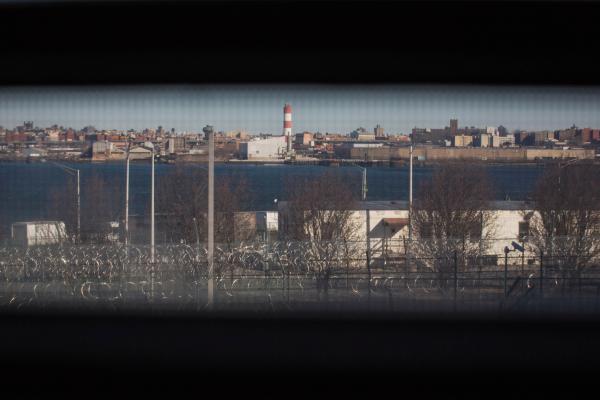Nov 5, 2019
If we want to enact justice in any situation, we must listen to the voices of those directly impacted by the injustice. Those of us who served time on Rikers Island know firsthand why it has to close. Any movement for justice that is not led by directly impacted people is charity, at best, but it is not biblical justice. Biblical justice empowers, while charity can disempower if it is not coupled with justice.
Read the Full Article

Already a subscriber? Login
